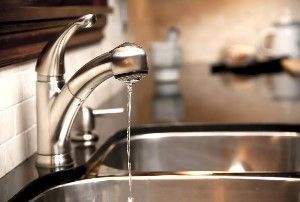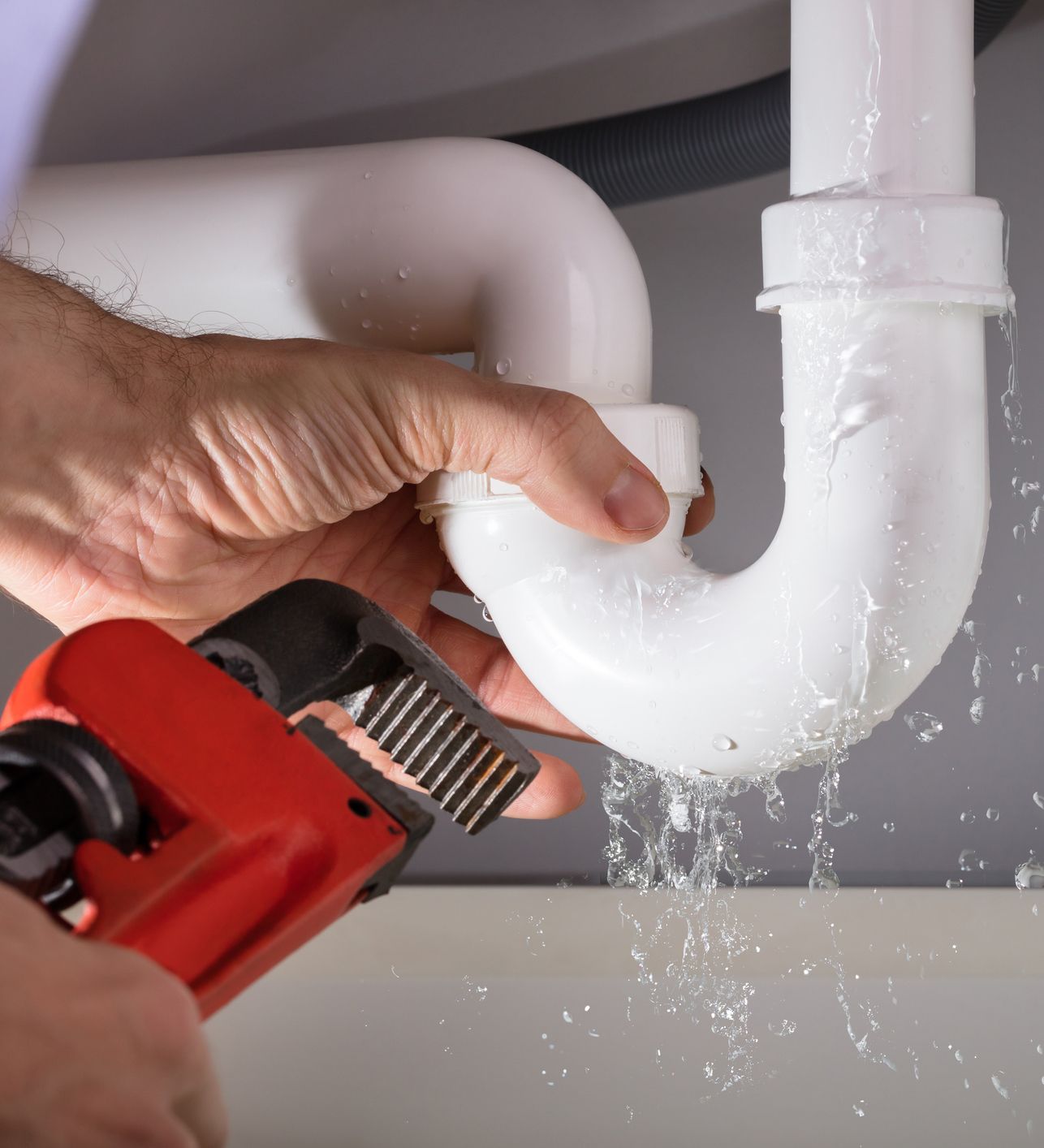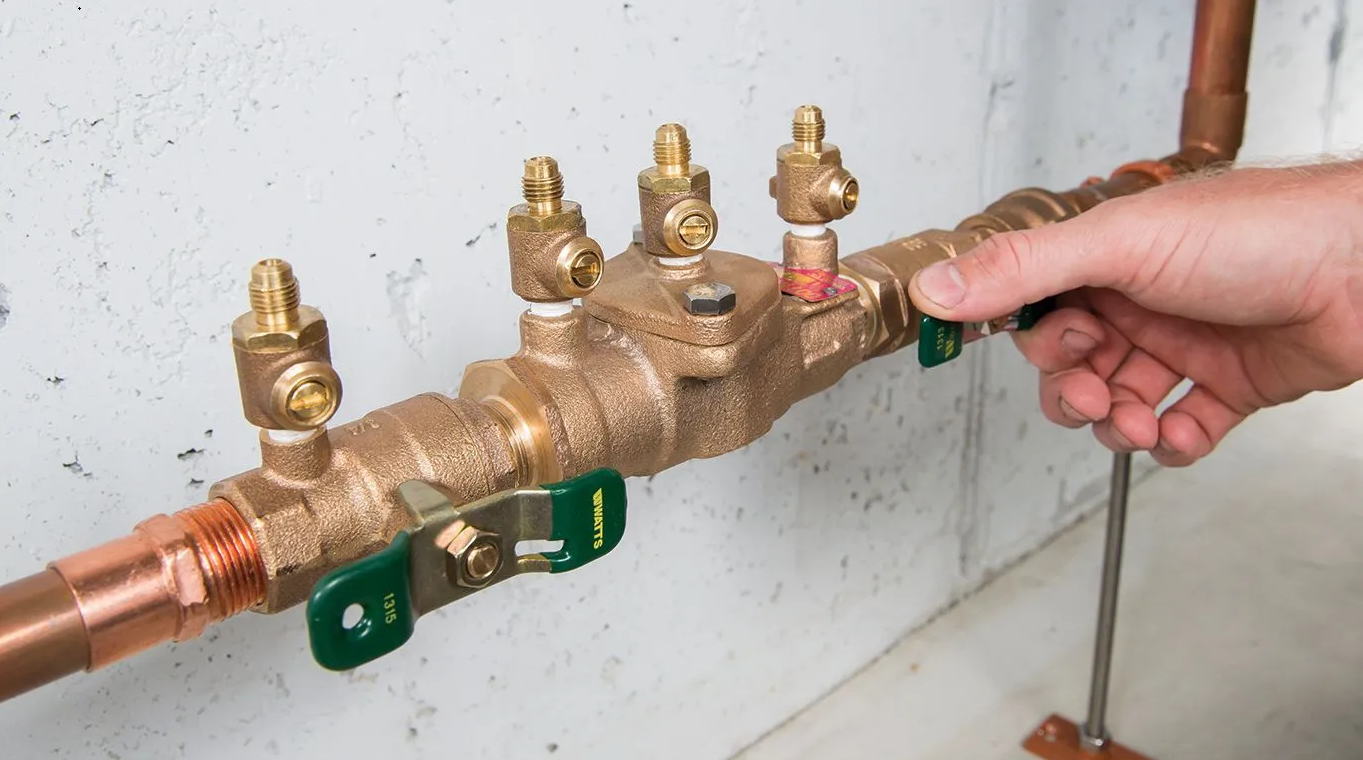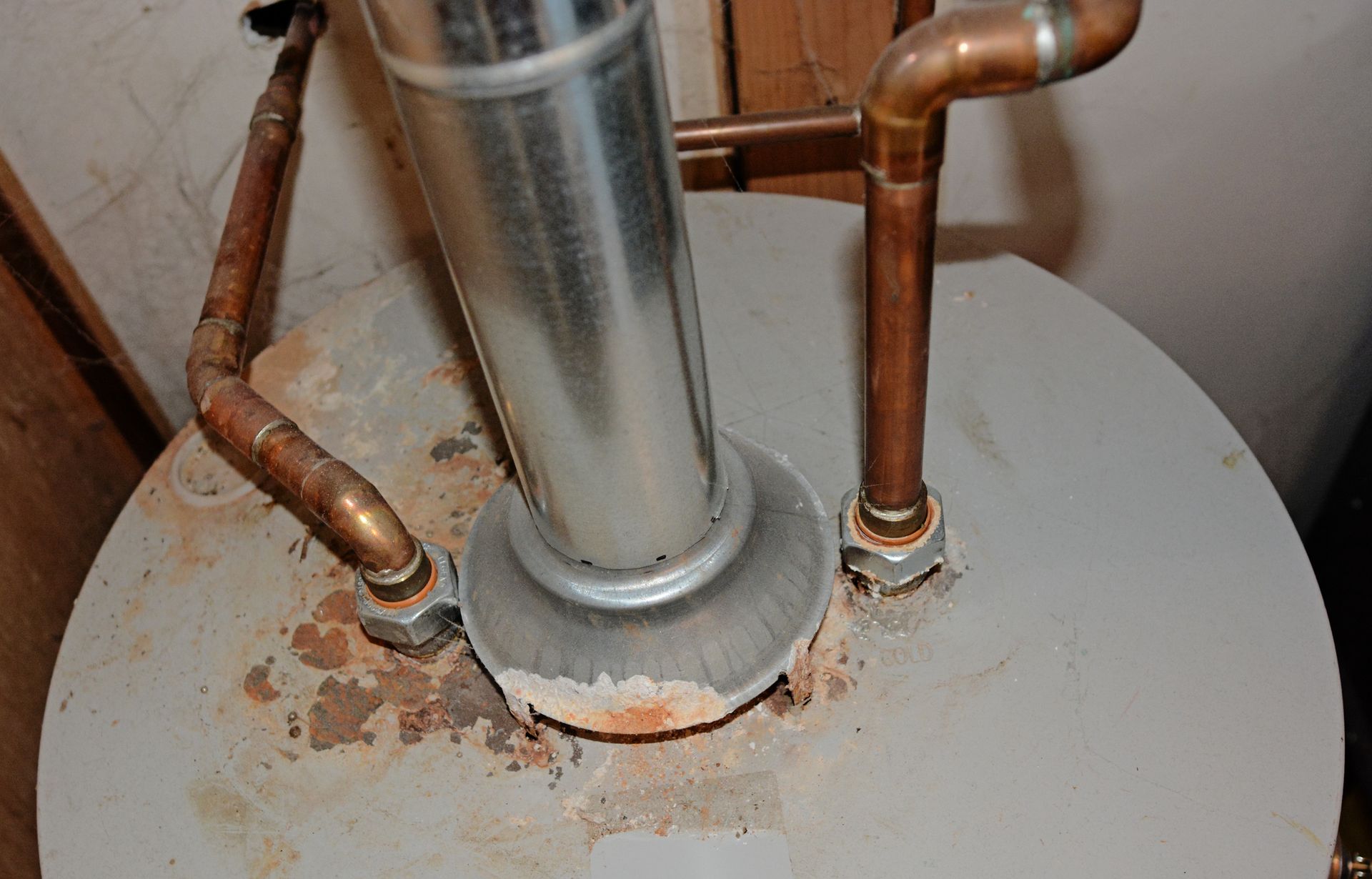Don’t Turn Your Sink Into a Trash Can: Be Kind to Your Disposal

Sadly, one of the most abused aspects of home plumbing is the kitchen garbage disposal. Many people treat the disposal as a “catch all” for food scraps and even non-food items. If you want your disposal to last, however, it’s best to use it properly.
Maintaining your disposal is easy. When you only use your disposal for its correct purpose, you’ll have little, if any, trouble with it in the future. Here’s what you need to do to make sure you’re being kind to your kitchen disposal.
It Can’t Eat Everything
The biggest mistake people make with disposals is using them for food items that are harmful to the mechanics. Many people are quick to clear out utensils and dish cloths, but they assume that any food is good to go. Your disposal is not a glutton for punishment, and it does not handle:
- Fibrous foods like celery, corn husks, banana peels, or onion skins. These don’t break up like other foods, but actually can lodge into the mechanics of the disposal, obstructing the motor. Even if pieces manage to slip through, fibrous plant matter still clogs your pipes.
- Grease. You might think grease is soft; it’ll go right through. However, oils and grease from cooking are very temperature sensitive, and once they cool, they will harden in your disposal and line your pipes. Your disposal will work less efficiently and your pipe’s drain capacity will decrease.
- Coffee grounds. Many people like the idea of putting coffee in the disposal because it can smell very nice. However, coffee grounds are like silt. Once they go through the disposal, they can sink and lay in horizontal stretches of pipe, causing clogs. Coffee grounds just aren’t meant for the disposal.
- Uncooked grains. Unlike cooked wheat or oats, uncooked grains and pasta are expandable in the presence of moisture, especially if they are cracked or rolled by the disposal. Small pieces stay in the disposal and jam the motor as they expand.
- Bones. Bones are simply too large and too hard for a small disposal motor. You’ll jam the entire machine very quickly if you try to put bones down the drain.
These foods are the most common causes of kitchen disposal and plumbing problems. Other food to be cautious with include potato, yam, and carrot peels. These are all high in starch and can become gluey when processed by the disposal, gumming up the blades. Throw peels down the disposal in small batches to avoid this problem.
Some foods you might not expect, like ice, eggshells, or frozen fruits, are just fine in small amounts. The best foods, however, are soft and easily processed. Occasionally, you can use fruit peels from oranges or lemons to freshen your disposal.
Finally, while your disposal may sometimes handle large items very well, it’s best to cut up larger food items into small bits before sending them down the drain. Doing so will reduce the stress on the motor, preventing premature burnout.
Moving Parts Stay Moving
Another easy way to keep your disposal in nice working order is to use it often. If a disposal sits too long without being used, corrosion and metal fatigue sink in. To keep the blades sharp and the motor running, try to use your disposal regularly.
Keep Things Cold
For best results, it’s important to use only cold water when running food down your disposal. Many people use hot water because they clean the sink with the disposal running. However hot water heats up greasy residue, bits of butter, and other fats. These fats get sent down the drain, and—as mentioned above—cool and coat the pipes.
For this reason, cold water is best for all disposal activities. If your disposal is clogged, it’s even more important to keep the water cold because hot water will only make clogs worse if they are caused by grease.
Don’t be Too Harsh
Furthermore, naturally cleaners, like baking soda, vinegar, and Borax are best for your sink and disposal. For a deep clean, run crushed ice and salt through the disposal, followed by some small slices of orange.
Sending harsh drain-blasting basic chemical down the drain can actually damage the metal parts of your disposal, wearing it out faster. Bleach is also harmful. These chemicals can ruin your pipes and affect the balance of your septic system.
Also, if something is stuck or caught in the disposal, don’t resort to excessive yanking or forcing to get the items out. If the item cannot be removed with salad tongs, call a plumber to take the disposal apart and remove the item jamming the blades.
If you have trouble getting your sink to drain, it’s best to leave the restoring of water flow to your plumber. For more information on kitchen plumbing fixes, contact Jim Dhamer Plumbing and Sewer, Inc. at (630) 964-2222.
The post Don’t Turn Your Sink Into a Trash Can: Be Kind to Your Disposal appeared first on .
Leave A Reply
More Posts









